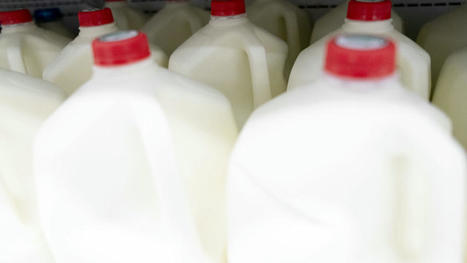Testing conducted by the FDA on pasteurized commercially purchased milk has found genetic evidence of the H5N1 bird flu virus, the agency confirmed Tuesday. But the testing, done by polymerase chain reaction, or PCR, cannot distinguish between live virus or fragments of viruses that could have been killed by the pasteurization process. The agency said it has been trying to see if it could grow virus from milk found to contain evidence of H5N1, which is the gold standard test to see if there is viable virus in a product. The lengthy statement the agency released does not explicitly say FDA laboratories were unable to find live virus in the milk samples, but it does state that its belief that commercial, pasteurized milk is safe to consume has not been altered by these findings. “To date, we have seen nothing that would change our assessment that the commercial milk supply is safe,” the statement said.
The document was long on assurances but short on details of what has been undertaken or found. It does not specify how many commercial samples were taken or in how many markets, nor does it indicate what percentage of the samples were PCR-positive for H5N1. The statement did not indicate if the testing suggested the amounts of viral genetic material in the milk were low or high. Furthermore, the statement did not reveal if the milk products were purchased in parts of the country where outbreaks have occurred, or in areas where cows haven’t been seen to have been infected. The FDA did say it is testing milk from infected animals, in the processing system, and from store shelves with the goal of producing a “large representative national sample” of the milk supply. Beyond assessing the safety of the supply, such a sample could enable the agency to construct a more robust picture of H5N1’s spread among dairy cows nationally. The agency emphasized that testing of commercially available milk is ongoing, and this includes efforts to discern any potential differences between different dairy products, such as cream and whole milk....



 Your new post is loading...
Your new post is loading...








